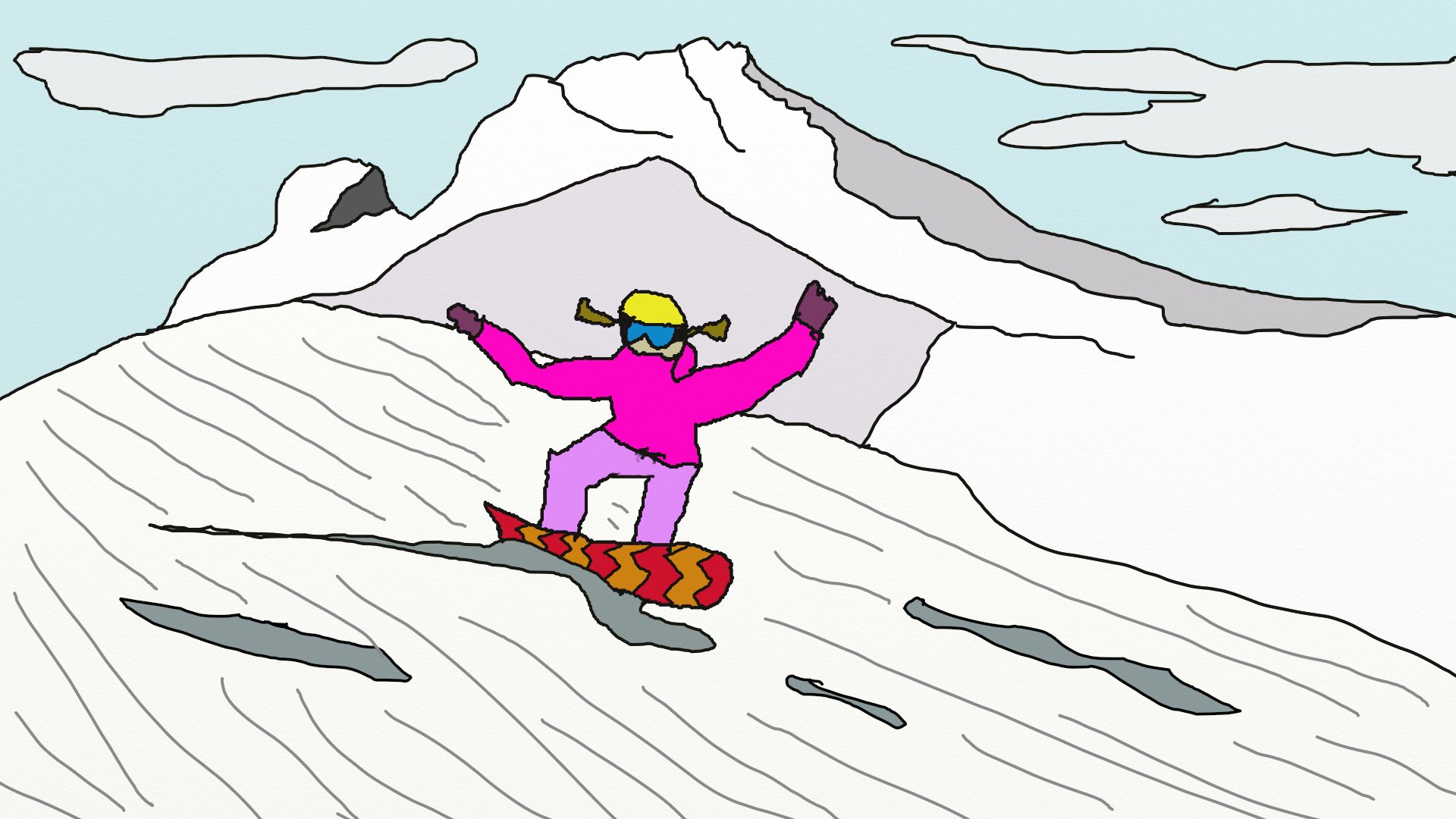
SNOW TERMINOLOGY PICTURE DICTIONARY
Snow is a wacky substance. One day it’s light and fluffy, and the next day it’s as hard as a … glacier? I do the best to keep you informed of what the snow will be like. It helps if we have a common language. Below, complete with some fabulous artwork, is the snow terminology dictionary. I hope you find it helpful in picking the best days to shred!
If you want the best forecast for Mt. Hood to help you find YOUR best day to shred, just go to my Mt. Hood snow forecast. If you want to hear about the conditions on Mt. Hood from the fabulous, industry-leading snow reporting team at Mt. Hood Meadows, check out their conditions page.
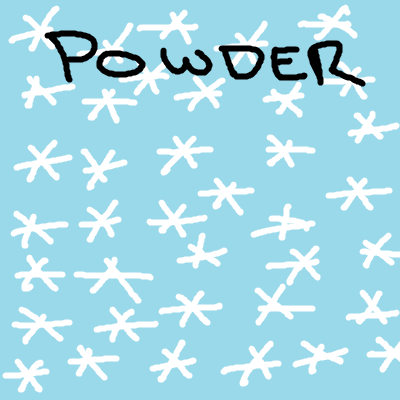
POWDER: light, fluffy, low-moisture-content, easy-to ski snow. It usually accumulated recently, but snow can stay powder for many days after a snowfall given cold temps and limited sunshine. Also known as “pow”, “champagne pow”, “blower pow”. Note: different regions define “powder” with different moisture contents.
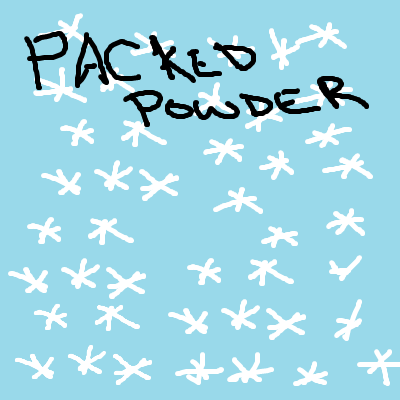
PACKED POWDER: powder snow that has been compressed by skiers, grooming machines, or cougars. It is easy to set an edge in powder, and it is a quiet surface to ride. Generally speaking, this surface occurs in relatively cold temps – snow will not stay packed powder long above 32F.
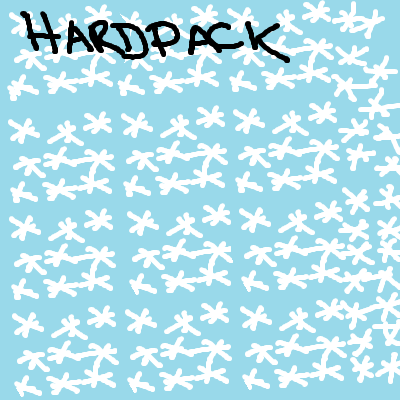
HARDPACK: cold, dry snow that has been compressed into a solid surface. The snowflakes are still crystalline, and they have not thawed and refrozen. The surface is white, quiet to ride, and it is easy to set an edge in it. It does not have a lot of give if you crash hard into it. So try not to.
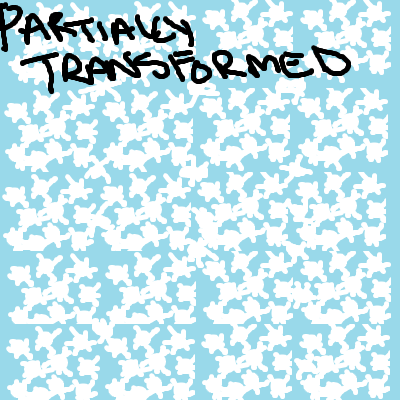
PARTIALLY TRANSFORMED SNOW: snow that has undergone at least some thawing and/or refreezing. Color starts to shift away from white, but the surface remains carveable and quiet to shred. It may feel faster than the previous snow surfaces as the crystals are starting to lose their sharp edges.
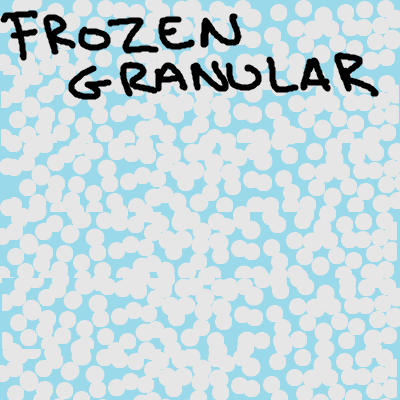
FROZEN GRANULAR: snow that experiences repeated freeze-thaw cycles eventually transforms from snowflakes into ice balls. Overnight, this surface freezes into a block. It is quite possible to set an edge, but the surface is noisy. Often mistaken for ice. With daytime heating, this becomes corn. With repeated traffic, it becomes loose granular.
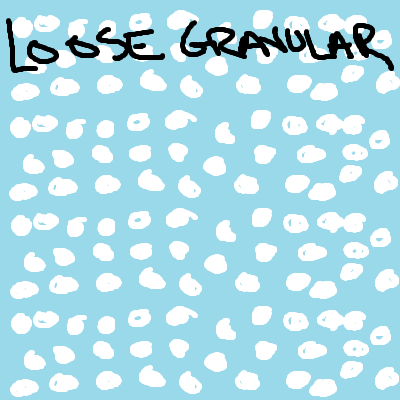
LOOSE GRANULAR: when granular snow experiences lots of skier traffic and/or grooming, it no longer coheres into a solid block. Loose granular snow can get quite deep. It resembles sand in how it moves. You cannot form a snowball out of it, but it works well in a pinch for snowcones.

CORN SNOW: on a warm or sunny day, frozen granular snow melts a bit, loosens up, and forms a slipperly and friendly surface atop a hard-frozen granular base. Also known as “magic”, corn snow is fun, forgiving, and a delight to ride thanks to water lubricating all those little granular ice balls.
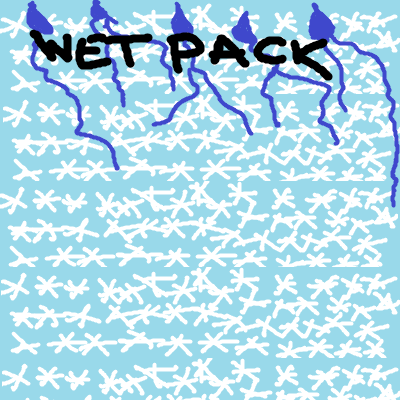
WET PACK: When rain falls on fresh snow and saturates it, wet pack results. This is a slippery, carveable surface that rapidly becomes bumpy when subjected to skier traffic. Temira does not like wet pack snow.
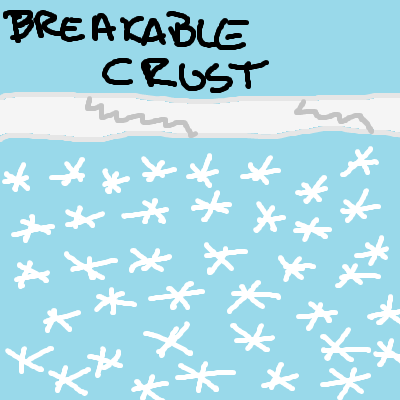
BREAKABLE CRUST: When rain falls atop fresh powder and refreezes, or when fresh powder is warmed in the sun and refreezes, this is what you get. It’s treacherous – when you ski on it, you will break through. It’s like riding a bronco in a snowstorm. Just don’t.

ICE: a very misunderstood surface. Frozen granular is often mistaken for ice, but it’s not. Ice happens when the snow surface is completely saturated by rain and freezes into a block. You’ll know it’s ice by the blue tint. It’s nearly impossible to set an edge, and your boards will slide out from under you. Only for the bravest, or those from Vermont.
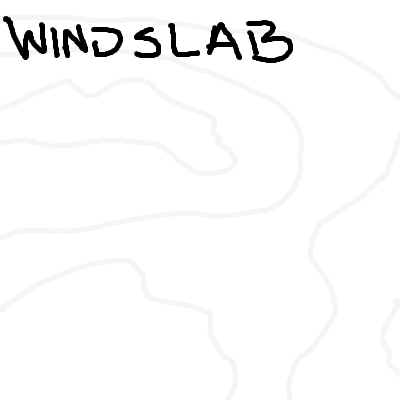
WINDSLAB: this is nature’s version of hardpack. Strong wind can compress new snow into a dense surface. Unlike in powder snow, a skier will stay on top of this surface. It can be smooth enough for fun riding as long as the wind ridges don’t grow and form sastrugi.
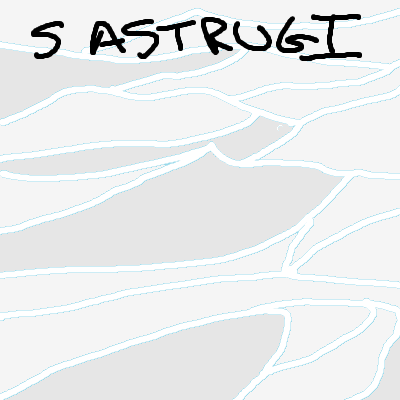
SASTRUGI: this is nature’s version of sculpture. Strong wind can sculpt new snow into ridges and humps and peaks. It’s gorgeous. Sastrugi is made from snow that has not transformed (powder or the like), and it is dense like hardpack. It is basically unskiable, but it sure is pretty!
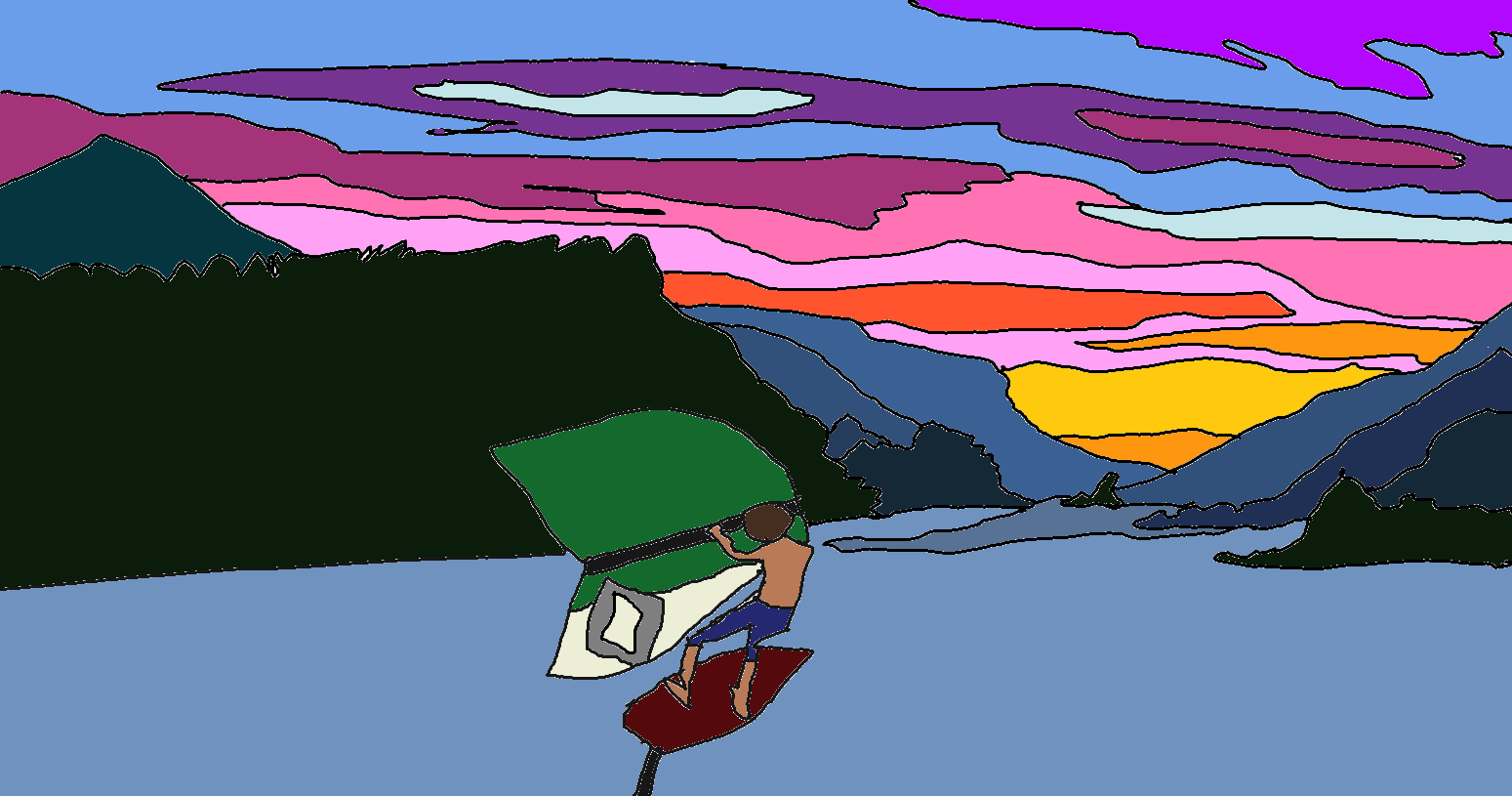
Have an awesome day.
Love, Temira